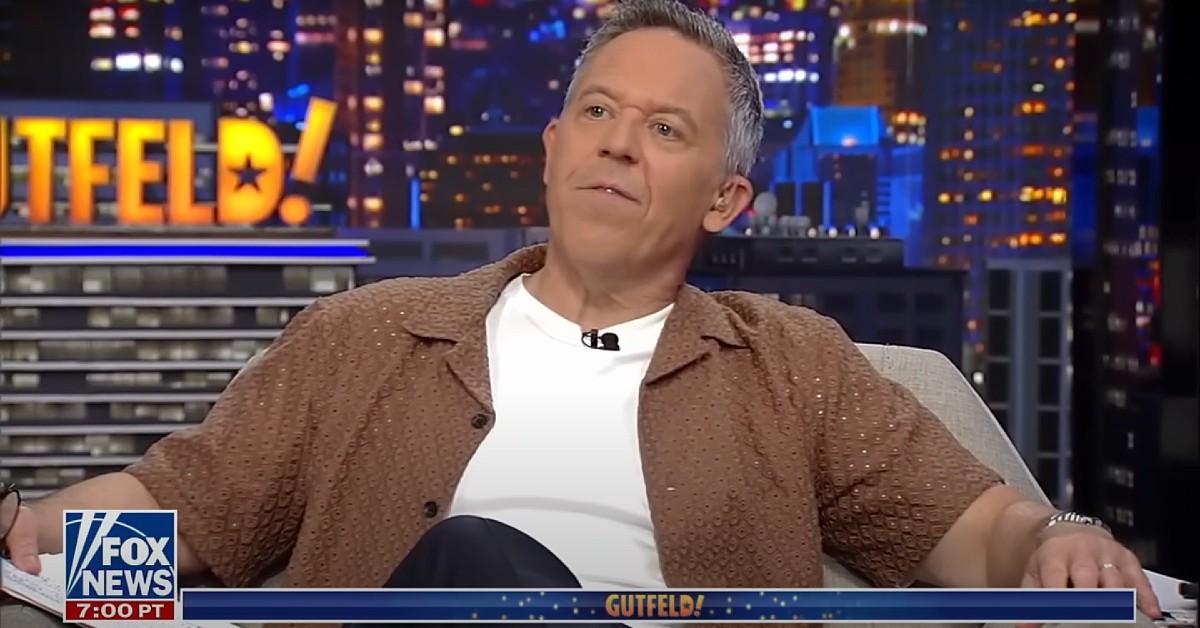DVD Review: Nine
May 4 2010, Published 9:48 a.m. ET
It’s tough to feel sorry for a successful, attractive man who’s surrounded by exquisite women, and suffers mainly from a crisis of creativity.
And yet, Nine asks us to do just that. It’s a tall order, considering that the musical film, while visually stunning and grandiose in scope, tells its hero’s arc rather than allowing it to be seen and felt. Based on a Broadway musical that was based on Italian director Federico Fellini's self-referential 8 1/2, Nine is the story of Maestro Guido Contini (Daniel Day-Lewis), a film director who’s falling apart in glittery, 1960s Rome. As he tries to embark on a movie with no script and clings to the scraps of his failing marriage, he floats into the recesses of his memory, where the women of his past and present exist as a sort of map of his life.
Women, in fact, are the fleshy, sexy substance of Nine, which features an all-star cast that’s decked out in sumptuous costumes and glamorized to the hilt. Among the many women in Guido’s world are his wife Luisa (Marion Cotillard), his desperate lover Carla (Penélope Cruz), his muse Claudia (Nicole Kidman), the whore of his childhood, Saraghina (Stacy “Fergie” Ferguson), sassy Vogue reporter Stephanie (Kate Hudson) and his costume designer-cum-confidante, Lilli (Judi Dench). The only real Italian in sight is Sophia Loren, who appears in a few brief scenes as Guido’s glammed-up mommy. But nevermind the weird faux-accents: These ladies flit in and out of Guido’s life, both real and imagined, through dramatic real-time interludes and impressively theatrical song-and-dance numbers that sometimes spectacular, and other times a bit misguided (Mommy, little Guido and the candles misses the mark, religious undertones or not).
The songs are each woman’s moment to introduce herself, and let us know what her issues are with ol’ Guido. Then, it’s back to the action, or rather, the flat mosey toward Guido’s redemption that doesn’t quite find momentum. It’s too bad, because director Rob Marshall’s vision is sumptuous, ambitious and fun, but the film’s construction is clunky and halting, giving each lady her moment at the mic (Carla’s in lingerie, ready for action, Saraghina recalls schooling little Guido about the ways of women), but then moves on without further development. The only women who feel like real people are Luisa and Lilli, each of whom sees right through the Maestro and his narcissistic ways.
The DVD extras compensate somewhat, in that six of the eight robust segments focus on the film’s actresses and dancers in an upbeat love-fest that’s typical for home entertainment. But they also highlight the fun stuff behind the enormous production, like the 42 tons of sand that were hauled on set for Saraghina’s scenes, and the audition scenes in which Fergie rolls around with a tambourine and Kate Hudson tries to learn how to dance (she comes close). In a way, each musical number is like a brilliant music video -- creative and beautifully executed, if not integrated into the film as organically as possible.
Yet, while all the fuss and memories and morality issues seem to focus on the women of Nine, the movie is really about men, their art and their and their self-involvement. One of the few scenes that ground the dramatic through-line is when Guido's beautiful muse is turning her non-role down. In walking away from Guido, she's not just letting go of a movie part, but eschewing reverence for the once-infallible director, telling him, "I'd rather be the man." Another such moment is more poignant. When whatever hope Luisa has for her marriage is suddenly stripped away, she confronts Guido in an empty screening room. “You think to create is just to forgive yourself in public,” she says, tears spilling down her cheeks.

But don’t cry for Maestro Contini: He does, of course, forgive himself, even if Luisa, rightly never does.


